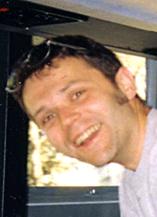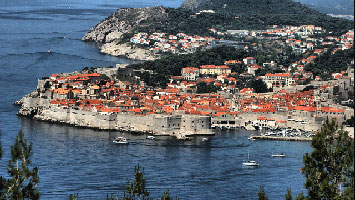
Gordan Ravančić, PhD
Gordan Ravančić was born in Zagreb in 1972, where he completed his primary, secondary and higher education. In 1996 he graduated history from the Faculty of Humanities and Social Sciences in Zagreb, and in 1997 he earned the Master of Arts in Medieval Studies degree from the Central European University (Hungary). After earning his master’s degree from the Department of History at University of Zagreb, Faculty of Humanities and Social Sciences, he earned a Ph.D. in 2006 with a dissertation on Dubrovnik plague 1348-1349. He has been a member of the Croatian Institute of History and has been teaching medieval national history and computer technologies in historical research at the Centre for Croatian Studies since 1998. He has been active on various scientific assemblies, worked as an associate in the The Miroslav Krleža Institute of Lexicography and is an author of several school textbooks.



